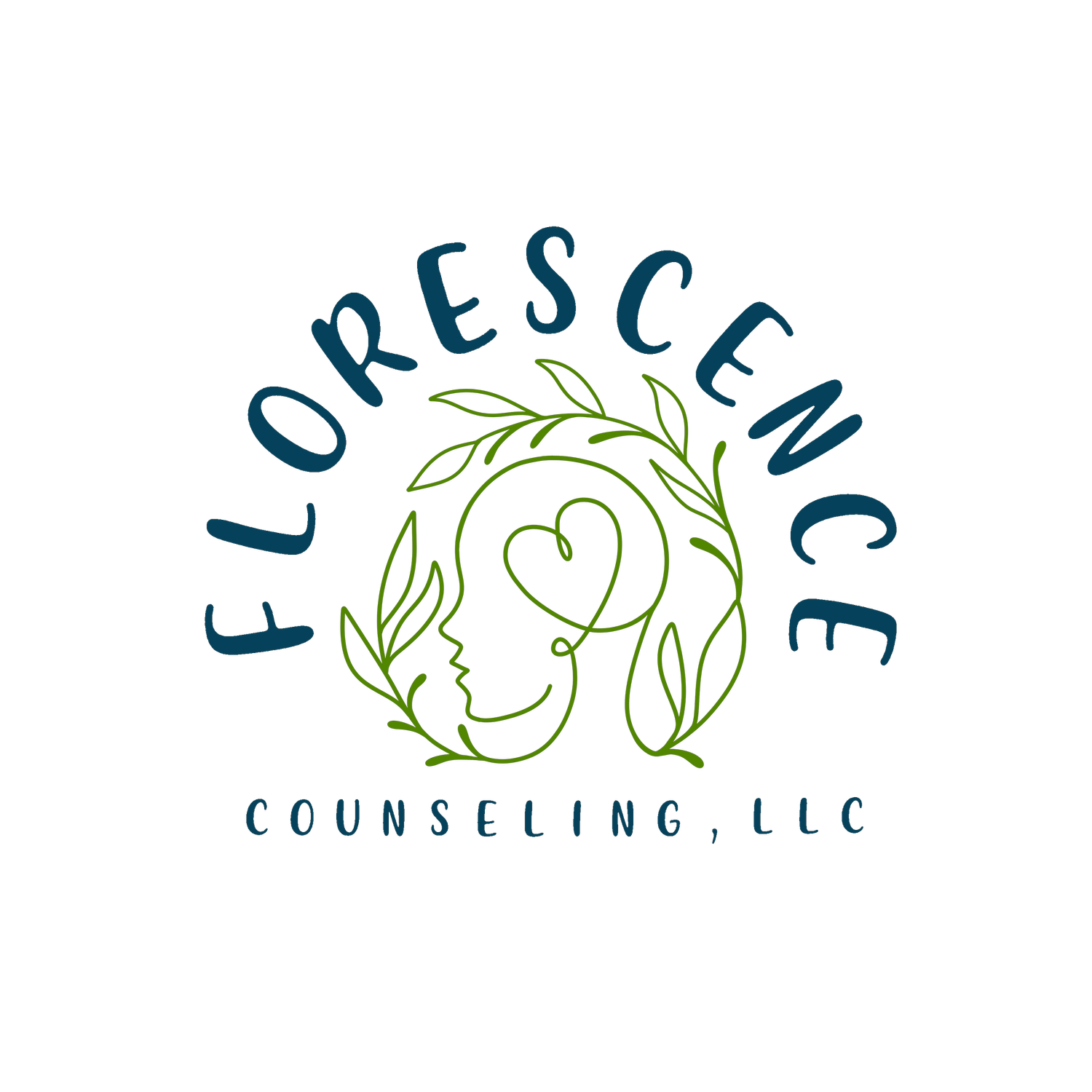The “What If” Intrusive Thoughts of OCD
Living with Obsessive-Compulsive Disorder (OCD) can be a challenging journey, and one aspect that often adds to the complexity is the presence of intrusive thoughts. These thoughts can be persistent and distressing, creating a constant loop of "what if" scenarios that invade the minds of individuals with OCD. In this blog, we will delve into the intricate world of these intrusive thoughts, exploring some common examples and shedding light on how they affect daily life.
The Unrelenting Doubt: "What if I left the stove on?"
For someone with OCD, even the simplest tasks can become a breeding ground for doubt. The fear of leaving the stove on is a classic example. Despite double and triple-checking, the intrusive thought persists, leading to heightened anxiety and an overwhelming need for reassurance. The mind becomes a battleground between reason and irrational fear.
Memory Lapses and Guilt: "What if I hit someone with a car and forgot?"
Intrusive thoughts often revolve around potential harm caused unknowingly. The fear of causing harm, coupled with the uncertainty of memory lapses, can be paralyzing. The guilt associated with these thoughts can be intense, even when there is no evidence to support the scenario.
Relationship Anxiety: "What if my friend actually hates me?"
Individuals with OCD may constantly question the authenticity of their relationships. The fear that friends or loved ones harbor negative feelings can lead to isolation and strained connections. The constant need for reassurance may become a compulsion, though it provides only temporary relief.
Moral Dilemmas: "What if I cheated and I just don't remember?"
Moral scrupulosity is a common theme in intrusive thoughts. The fear of engaging in unethical behavior, even if there is no evidence to support it, can be mentally exhausting. This fear often goes beyond the realm of rationality, creating a cycle of guilt and self-doubt.
Catastrophic Scenarios: "What if I don't knock on wood and a catastrophe happens?!"
Superstitions and rituals often play a significant role in the lives of individuals with OCD. The fear of not performing a specific action, such as knocking on wood, can be overwhelming. It's a desperate attempt to ward off imagined disasters, even though deep down, the individual understands the irrationality of these thoughts.
Harm to Loved Ones: "What if I accidentally poison my pet?"
The responsibility of caring for others, whether it's a pet or a family member, can become a source of immense anxiety. The fear of causing harm, even unintentionally, can lead to excessive precautionary measures and avoidance of certain activities.
Intrusive Thoughts Are Not Who You Are
Living with OCD and intrusive thoughts requires an understanding that these thoughts, though distressing, do not define the individual. Seeking professional help, such as cognitive-behavioral therapy such as Exposure and Response Prevention (ERP) and potentially medication, can provide effective strategies for managing OCD symptoms. At this time, ERP and the potential use of certain medications are considered the “gold standard” for the treatment of OCD.
It's important to recognize that intrusive thoughts are not reflective of one's true character or intentions. By fostering awareness and understanding, both within the individual and in society, we can contribute to a more compassionate and supportive environment for those navigating the complex terrain of OCD.
******Please keep in mind that this blog post serves as a source of information and should not replace professional medical or mental health advice or treatment from your primary providers.******
